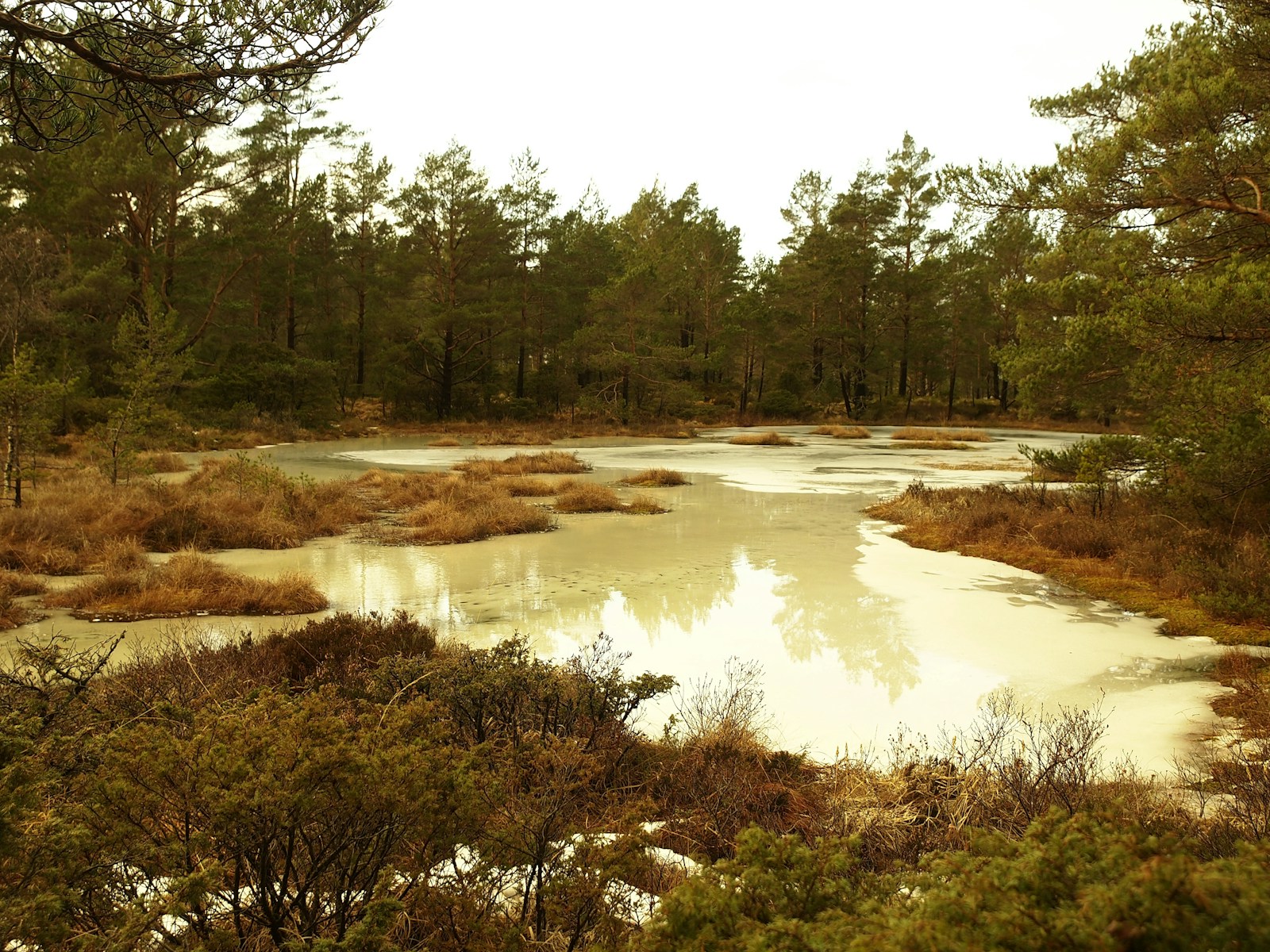
enero

january
The Spanish word for 'January' is 'enero'. It's used in the same way as in English, to denote the first month of the year. For example, 'El primero de enero' means 'The first of January'.
Example sentences using: enero
Enero es el primer mes del año.

January is the first month of the year.
This basic sentence is stating that January is the start of the year according to the Gregorian calendar, which is universally used.
Mi cumpleaños es el veinte de Enero.

My birthday is the twentieth of January.
In this context, we are using Enero as part of a date to indicate when the speaker's birthday is.
Los niños vuelven a la escuela en Enero.

The children return to school in January.
This sentence implies that after a holiday or period of being out of school, the children return in January.
Enero tiene treinta y un días.

January has thirty-one days.
This sentence gives information about the number of days in the month of January.
Fue un frío Enero.

It was a cold January.
This sentence describes the weather in January as being cold.
Happy New Year! Nos veremos en Enero.

Happy New Year! We will see each other in January.
This sentence implies that the speaker will see the mentioned person in January, after the New Year's festivities.
Los girasoles no florecen en Enero.

Sunflowers do not bloom in January.
This sentence informs about the blooming period of sunflowers and indicates that they do not bloom in January.
Este Enero he decidido empezar a correr.

This January I have decided to start running.
In this sentence, the speaker is conveying a decision to start doing an activity (running) in the month of January.
Enero es conocido por sus noches largas.

January is known for its long nights.
This sentence states that January is characterized by long nights which is typical of the winter season, especially in the northern hemisphere.
El precio de las naranjas aumenta en Enero.

The price of oranges increases in January.
This sentence indicates a change in produce pricing, specifying that the cost of oranges goes up in January.